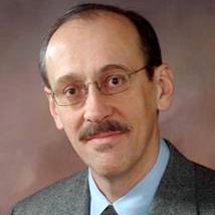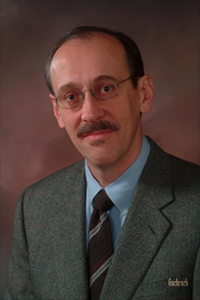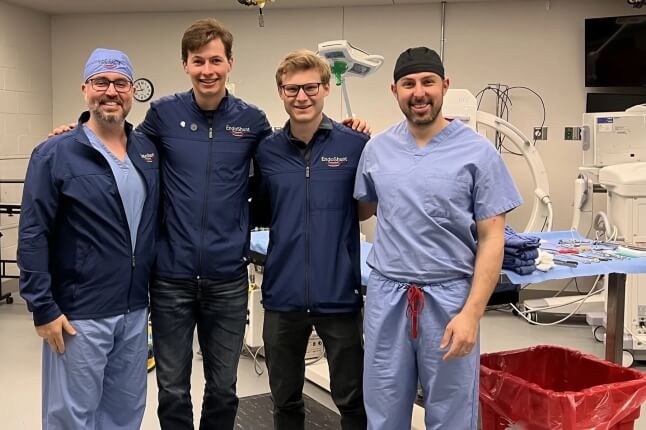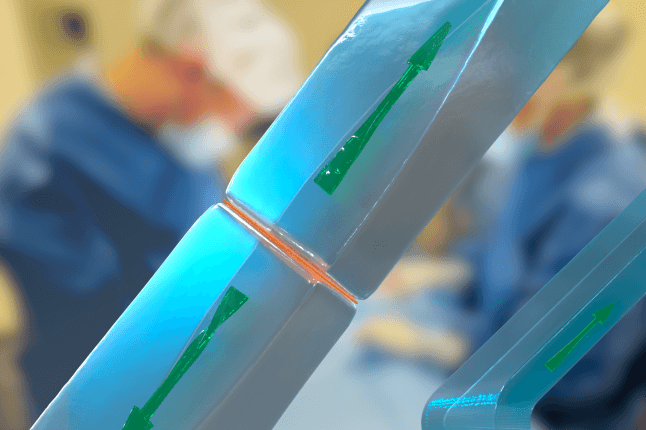News
SEAS faculty member Robert Howe is among the 329 new IEEE Fellows for 2012.
Robert D. Howe, Abbott and James Lawrence Professor of Engineering at the Harvard School of Engineering and Applied Sciences (SEAS), has been named a 2012 Fellow of the Institute of Electrical and Electronics Engineers, Inc. (IEEE).
The IEEE Board of Directors cited Howe's "contributions to haptic interfaces and robotic manipulation."
The IEEE Fellowship is one of the most prestigious honors within the IEEE; it is bestowed upon a very limited number of Senior Members who have made outstanding contributions to the electrical and information technologies and sciences for the benefit of humanity and the profession.
The number of IEEE Fellows elevated in a year is no more than one-tenth of one percent of the total IEEE voting membership. This year, 329 new Fellows were elevated.
Howe's research focuses on the role of sensing and mechanical design in motor control, in both robots and humans. His work draws upon diverse disciplines, including biomechanics, systems analysis, and neurophysiology.
The main approach of his Biorobotics Lab is experimental, although analysis and simulation play important parts. In conjunction with industrial partners, he is developing applications of this research in biomedical instrumentation, teleoperated robots, and intelligent sensors.
Howe earned a bachelor's degree in physics from Reed College, then worked as a design engineer in the electronics industry in Silicon Valley. He received a doctoral degree in mechanical engineering from Stanford University in 1990 and then joined the faculty at Harvard.
###
The IEEE is the world's leading professional association for advancing technology for humanity. Through its 385,000 members in 160 countries, the association is a leading authority on a wide variety of areas ranging from aerospace systems, computers, and telecommunications to biomedical engineering, electric power, and consumer electronics.
Topics: Robotics, Electrical Engineering, Bioengineering
Cutting-edge science delivered direct to your inbox.
Join the Harvard SEAS mailing list.
Scientist Profiles
Robert D. Howe
Abbott and James Lawrence Professor of Engineering




